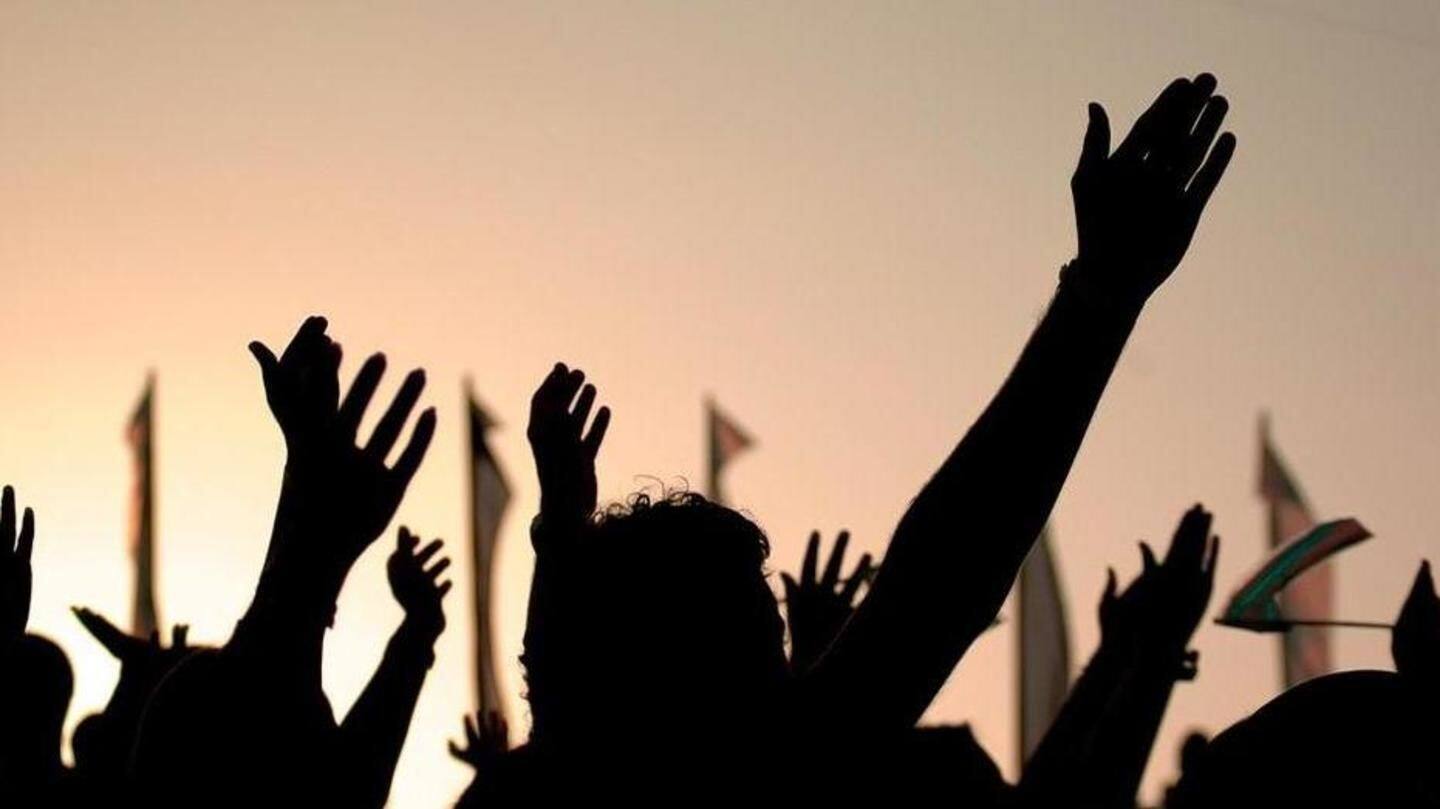
Over 40 people go on hunger strike at Japan detention-center
What's the story
More than 40 people at a Japanese immigration detention center are on hunger strike after an Indian detainee committed suicide there last week, officials said.
The protest began on Sunday, two days after an Indian national in his 30s, who has not been publicly identified, was found hanging in a shower stall at the center in Ibaraki, northeast of Tokyo.
Here are more details.
Depression
Deceased man was depressed
The man was reportedly depressed about how long it was taking for his status to be adjudicated by authorities.
"We presume that strikers have refused food to push for provisional release," said Daisuke Akinaga, an immigration center official.
He declined to comment on the strikers' nationality or how many people were refusing food, but Kyodo News said more than 40 detainees were involved.
Detention
About 330 people are being held at immigration center
About 330 people are being held at the immigration center.
Japan has strict immigration laws and accepts very few asylum seekers, granting refugee status to just 20 people of nearly 20,000 applicants last year.
The government says most applicants are economic migrants, but activists and UN say Japan imposes onerous evidence requirements that can be impossible to meet, even for those in real danger.
Harsh treatment
Activists, lawyers complained about harsh treatment by migrant officials
Activists, lawyers, and migrants in Japan have complained for years about harsh treatment by some immigration officials and dire conditions at detention centers.
They also urged the country to review its policy on detaining people at immigration centers for lengthy periods of time.
"Detention periods are abnormally long in Japan," said Hiromitsu Masuda, of rights group Provisional Release Association in Japan.
Information
Protests to be repeated unless Japan changes its policy
"Such protests are likely to be repeated unless Japan changes the policy," Masuda said. Activists say asylum seekers wait an average of three years for a decision on their status, and that even for those granted permission to stay, integration can be difficult.